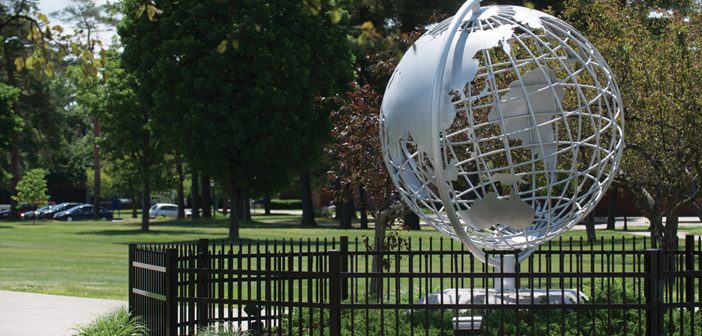Despite the headlines and scholarships that focus on and fund STEM-related curriculum and programs that serve as a pipeline to populate the most in-demand workforce needs, I caution us not to lose sight of the importance and impact of liberal arts and general education. We must appreciate the critical skill sets and value that career-focused and liberal arts programs and majors alike project on the bright futures of our graduates.
The trend in higher education is to move away from the liberal arts; sadly, a growing number of colleges and universities in the United States have acted on it, giving up on liberal arts courses altogether. What those institutions fail to embrace are the universal skills that liberal arts and general education develop in young adults as they enter the work force and contribute to their communities.
In fact, studies shared at a recent conference sponsored by the Association of American Colleges & Universities, pointed to students who received liberal arts education as having more long-term financial success and being happier with their lives.
So, for our Westfield State alumni and others, be proud of the liberal arts and general education foundation you have received.
Unfortunately, society tends to mock the liberal arts and questions the true value of a degree in the humanities, for example. However, society should note the skills developed through liberal arts—critical thinking, willingness to tackle unchartered territory, skills to “read the room,” and the ability to persuade and inspire others. These are the quintessential factors that define higher learning in the United States. It is unfortunate that these critical skills are referred to as “soft skills.” There is nothing “soft” about them.
We have even seen Hong Kong change its higher education format from three years to the four-year model of the United States. The reason for the expansion is to make room to include general education courses. The end result is a shift from not just educating future workers, but in educating future leaders. The United States should take some pointers from our peers in Hong Kong, as they re-frame skills obtained through liberal arts and general education as “universal skills.”
Aside from re-labeling the important “universal skills,” we need to better advise students in the context of the liberal arts. For those students who select a major in the liberal arts, we need to encourage them that their major is not necessarily their career destiny. And, we need debunk the mindset that higher education is “complete” after four years. That is no longer viable. Rather, lifelong learning will become increasingly more vital as they define themselves in the job market and in life.
So, for those of you who are putting forth your best universal skills and excelling at reading the room, solving complex problems, and continuing to persuade and inspire others, congratulations! If you haven’t realized it already, the odds are that you will go on to be more financially successful and happier in life than your peers.




